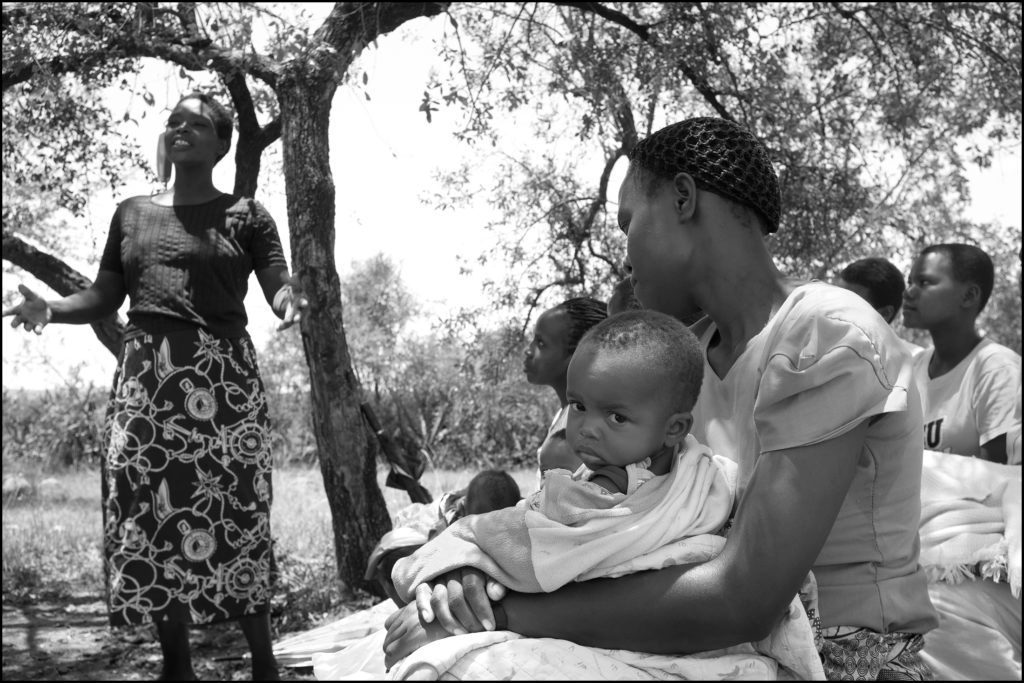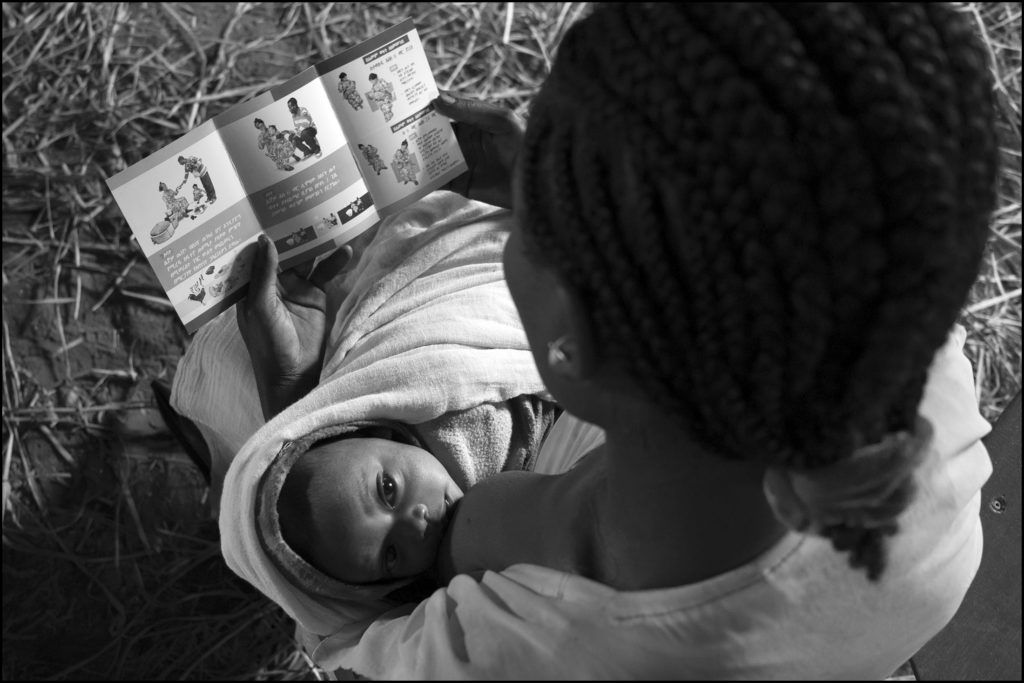
Community Education:
Our public health teams offer formal health discussions and dialogues on a wide range of topics such as hygiene, nutrition, exclusive breast feeding, prevention of diarrhea and dehydration, HIV prevention, seizures, clean water, and rabies. Dramas on market day, demonstrations with drawings and visuals and testimonials by locals who have been affected by these topics are a few ways our teams deliver the message that is so vital to sustainable health.

Nutrition education:
Factoid: 40% of children in Ethiopia do not reach a normal height because of malnutrition. To educate communities regarding healthy nutrition, Lalmba offers cooking classes, individual counseling, community discussions, and garden projects on the local level.
|